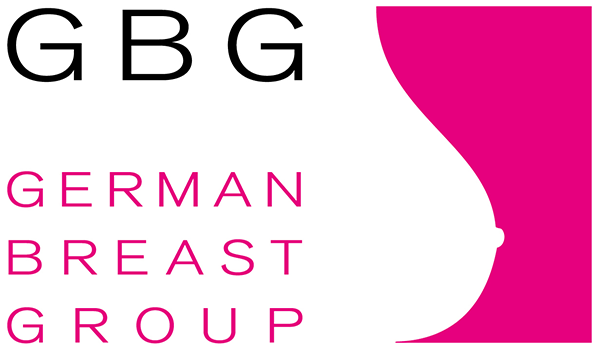New Insights on the Efficacy of Sacituzumab Govitecan in Metastatic Triple-Negative Breast Cancer (mTNBC) and the Role of BMI
A groundbreaking analysis from the ASCENT study investigates, for the first time, the impact of Body Mass Index (BMI) on treatment outcomes in mTNBC patients treated with Sacituzumab Govitecan (SG) – an antibody-drug conjugate (ADC) approved for relapsed/refractory mTNBC in multiple countries.
Key Findings:
SG showed significantly better efficacy compared to chemotherapy in all BMI subgroups (normal, overweight, and obese), including longer progression-free survival (PFS) and improved overall survival.
- Normal BMI:
- PFS: 4.2 vs. 2.1 months (HR 0.48, 95% CI 0.34–0.67, p < 0.0001)
- Overweight BMI:
- PFS: 4.6 vs. 1.5 months (HR 0.31, 95% CI 0.20–0.47, p < 0.0001)
- Obese BMI:
- PFS: 5.9 vs. 2.6 months (HR 0.34, 95% CI 0.21–0.53, p < 0.0001)
Despite a higher incidence of treatment-emergent adverse events (TEAEs) of grade ≥3 and dose modifications in overweight and obese patients, the rate of treatment discontinuation remained low and consistent across all BMI groups.
Takeaway: SG demonstrated improved efficacy over chemotherapy in mTNBC, regardless of BMI, and maintained a manageable safety profile. This opens up new treatment avenues, especially for overweight and obese patients.
Read full publication here
